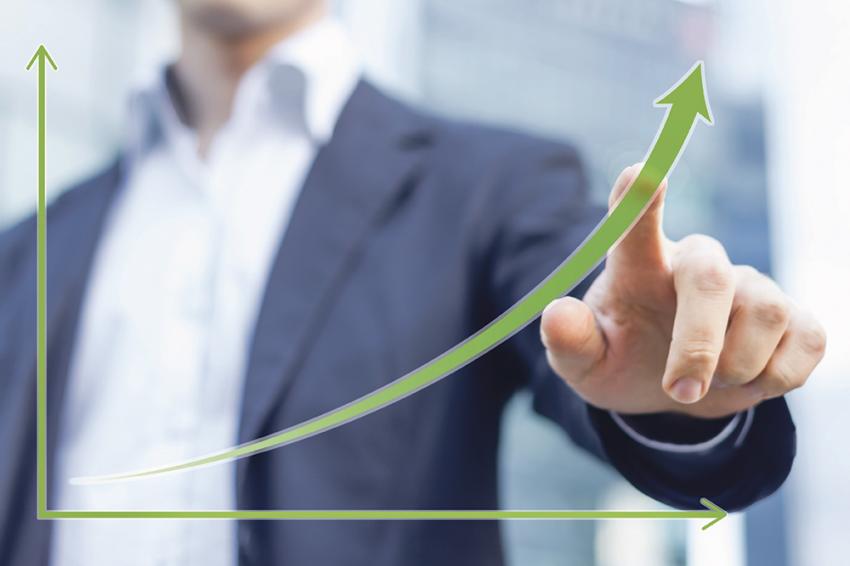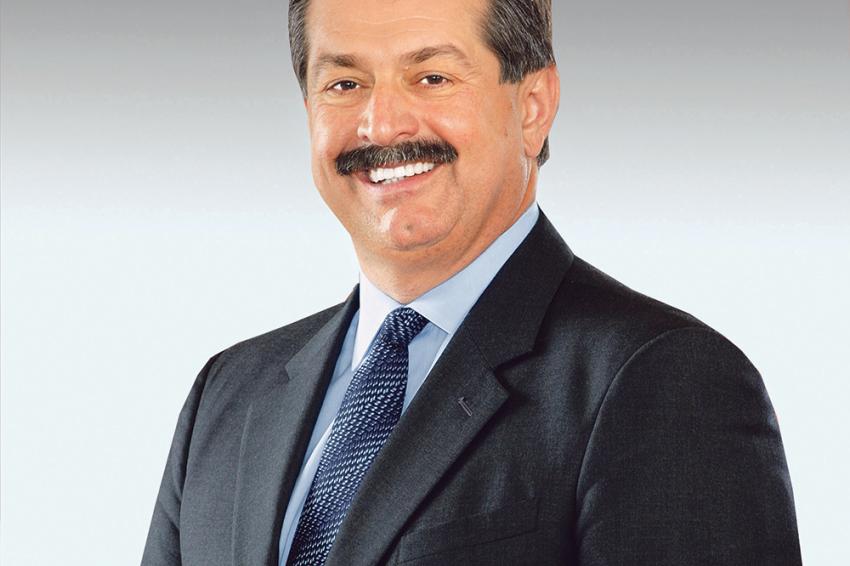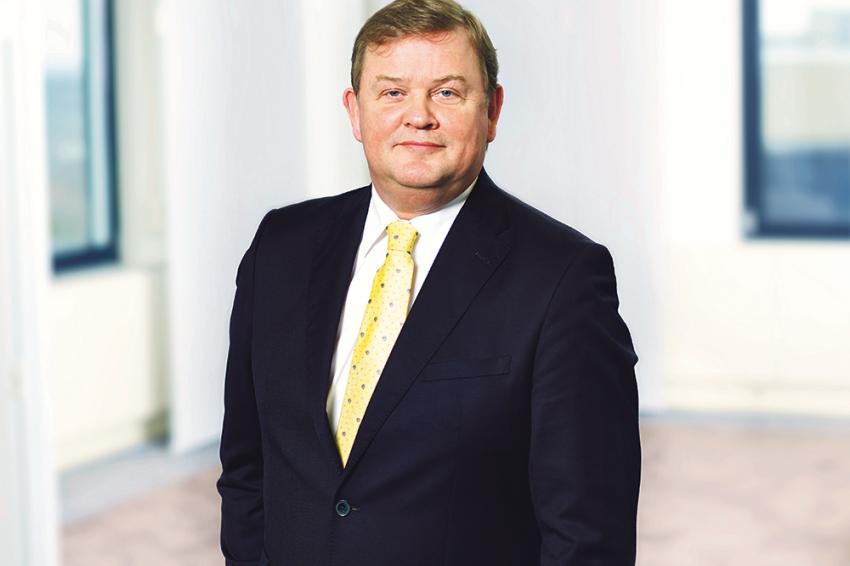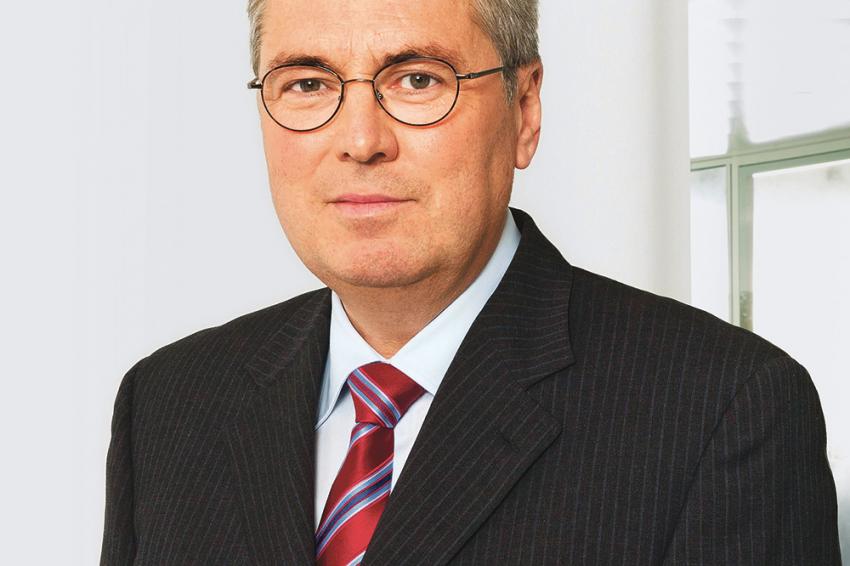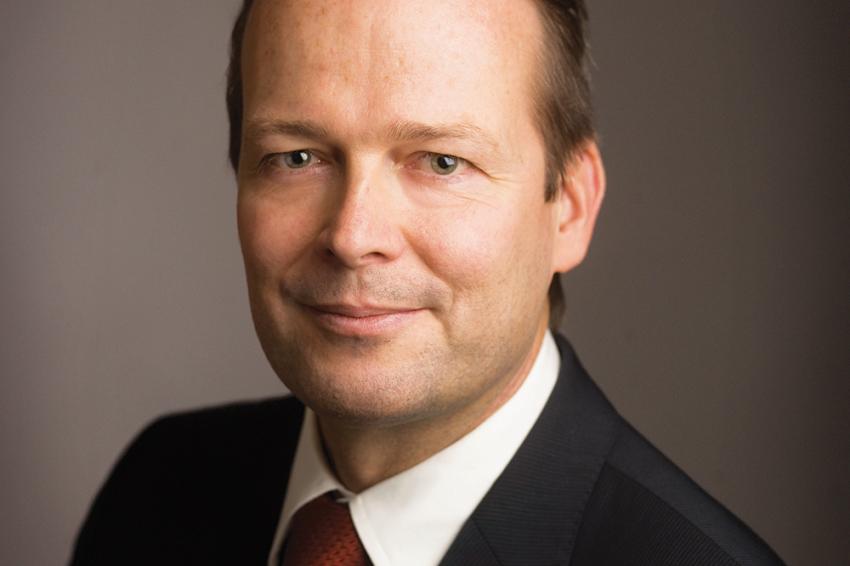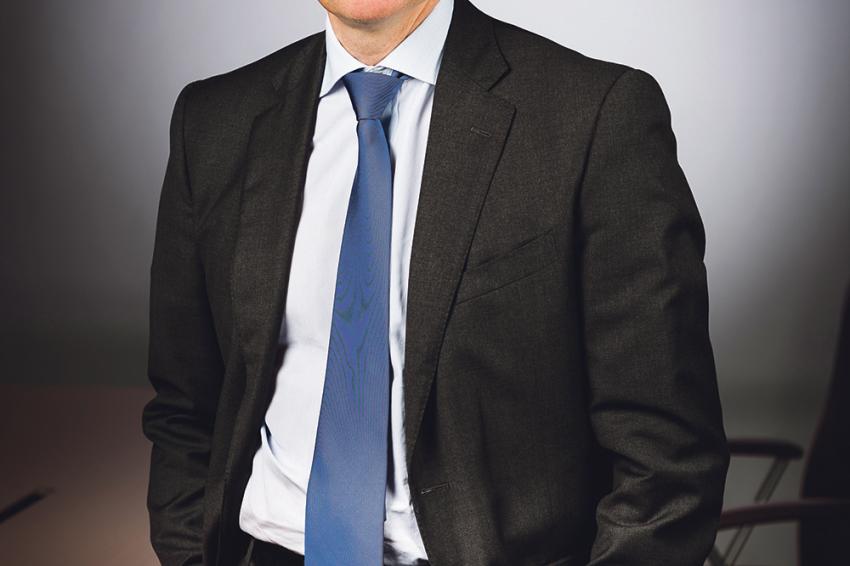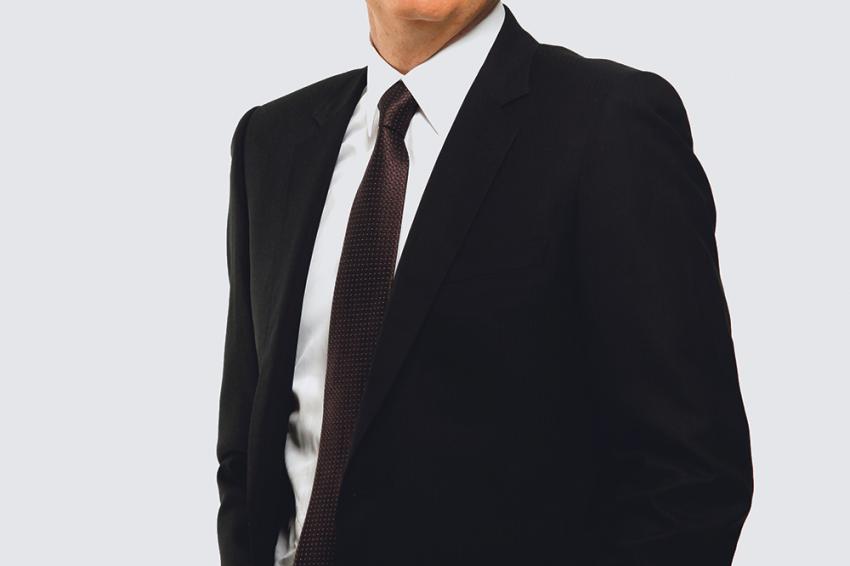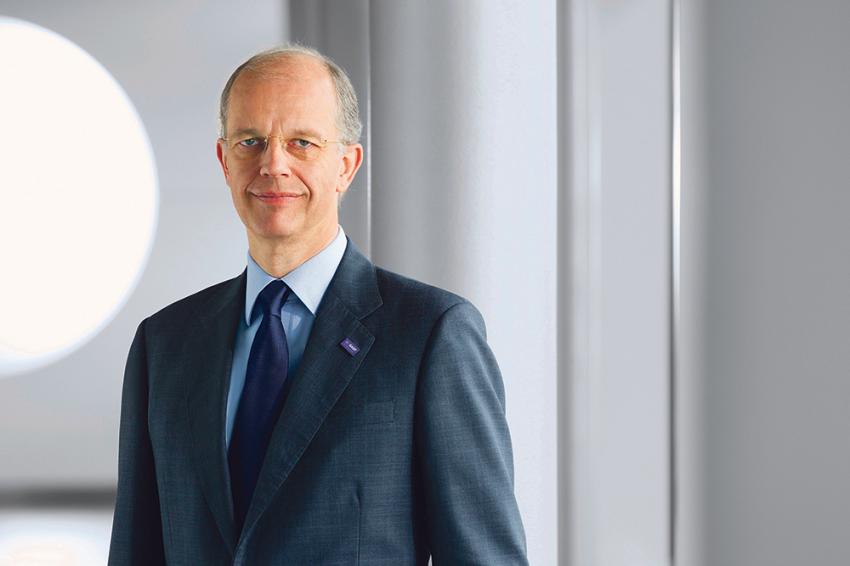Global Chemicals Markets Still Volatile and Challenging
European Players Boosted by Euro’s Weakness in First Half as Strong Dollar Hits US Rivals
Around the globe, market conditions for chemical industry players remained volatile and challenging, corporate chieftains said unanimously in reporting on the second quarter and first half of 2015. Benefiting from the euro’s weakness, multinational European companies were largely satisfied with earnings development, even if some had to reduce selling prices to match lower-cost starting materials. Most said they expected earnings to remain stable this year.
US companies saw minus signs in front of sales figures, reflecting a strong dollar, weak agriculture markets and lower prices for some products due to cheaper raw material and energy costs. At the higher end, however, demand for performance materials and restructuring efforts of past years helped many preserve or even increase earnings.
BASF Expected Higher Growth
Despite a sharp drop in selling prices, BASF, world’s largest chemical producer, improved EBITDA before special items by 3% to €3 billion in Q2, as sales rose 3% to €19.1 billion on higher volumes in Oil & Gas trading and positive currency effects. CEO Kurt Bock said growth in both the global economy and individual markets lagged expectations throughout first half. For the second half, the German group forecasts somewhat weaker growth but still aims to match 2014 EBIT before special items of €7.4 billion.
Bayer Sees “Very Good” Earnings Growth
The German market’s second largest player, Bayer, stood out with 33% improvement in Q2 EBITDA before special items to €1.8 billion and a sales rise of 18% to €12 billion. CEO Marjin Dekkers pointed to “very good” earnings growth in all three subgroups, HealthCare, CropScience and MaterialScience – the engineering plastics business to be spun off in September. For the full year, he confirmed his earlier forecast: adjusted EBITDA before special items is targeted to rise by a high-teens percentage.
Upswing For Evonik
Evonik, another German global player, increased adjusted EBITDA by 40% in both the second quarter and the first half, to €661 million and €1.3 million respectively. Sales grew 8% both periods to €3.5 million and €6.9 million respectively. The upswing is attributed in part to the “sustained good volume trend,” building on new production capacity, higher selling prices and slightly lower raw material costs. Evonik’s adjusted EBITDA margin in H1 widened to 18.9% from 14.5%.
Lanxess Realignment Successful
At Cologne-based Lanxess, CEO Matthias Zachert credited the “rapid implementation” of a corporate realignment scheme, now in its second phase, for the better-than-expected Q2 performance. Sales rose 4.3% to €2.1 billion, with EBITDA pre-exceptionals up 13% to €270 million on higher volumes and currency effects. The EBITDA margin pre-exceptionals widened to 12.8% from 11.8%. Management has raised full-year guidance slightly.
Merck KGaA Sees Organic Growth
German chemicals and pharmaceuticals producer Merck KGaA reported a rise of 6.3% in EBITDA pre-exceptionals to €899 million, with sales up 14.4% to €3.2 billion. CEO Karl-Ludwig Kley said all three segments contributed, with organic growth of 2.2% driven by life sciences. “Significantly positive” currency effects of 10.2% and portfolio effects were attributed to the integration of newly acquired AZ Electronic Materials.
K+S Shows “Outstanding” Performance
At Kassel, Germany-based K+S, currently the object of a hostile takeover attempt by Canadian rival PotashCorp, CEO Norbert Steiner said an “outstanding” performance in the Salt business and above-average prices in the Potash and Magnesium Products unit propelled EBITDA forward by 11% to €247 million in the second quarter and by 25% in the first half to €630 million. Revenues improved by 16% in Q2 to €914 million.
Wacker Chemie “Well on Track”
Another German player, Wacker Chemie, reported a 43% rise in Q2 EBITDA to €329 million. CEO Rudolf Staudigl said the sales rise of 10% to €1.37 billion reflected double-digit growth in all chemical divisions as well as the recently floated electronics subsidiary Siltronic. Higher volumes and favorable exchange-rate effects are credited. The CEO said the Munich firm is “well on track” to achieve its 2015 targets.
Linde Increases Operating Profit
Finally, German industrial gases and engineering group Linde achieved 11% operating profit growth to €2.1 billion in the first half. Adjusted for positive exchange rates, the rise was 0.4%, said CEO Wolfgang Büchele. Sales grew 10% over the six-month period to €9 billion. In Q2, the Gases division continued to improve, and the full-year forecast has been revised upward. For the Engineering division, hit by lower capital spending at customers, the outlook points lower.
Strong Demand Buoyed Arkema Results
In France, Arkema CEO Thierry Le Hénaff said “a marked increase” in demand in June buoyed Q2 results. EBITDA improved by 52% to €320 million, with all product lines except acrylic monomers contributing. Sales advanced by 39% to €2.1 billion. New acquisition, adhesives producer Bostik, padded overall earnings and sales. The weakening euro also had a positive effect. For the full year, Arkema expects a “slight” increase in EBITDA.
AkzoNobel Reports Positive Earnings
AkzoNobel in the Netherlands continued to see the positive impact of its focus on profitability and leadership in sustainability in Q2, said CEO Ton Büchner. The company reported positive earnings in all three business areas, with operating income up 38% to €486 million, thanks to efficiency programs, lower costs, reduced restructuring expenses, divestments and favorable currency translations. Sales rose 6% to €3.9 million, and the return on sales to 12.3% from 9.5%.
DSM Shows “Solid” Performance
DSM, another major Dutch player, reported a 6% hike in EBITDA to €279 million in Q2, on the back of a “solid” performance, which saw sales increase 12% to almost €2 million, supported by foreign exchange rates and 3% volume growth. The Nutrition segment was driven by organic growth, Performance Materials by lower input growth and strong volumes. CEO Feike Sijbesma said “the priority of improving operational performance is starting to deliver results.”
Solvay Confident of “Solid” Growth
Belgium’s Solvay reported a rise of 8.1% in recurring quarterly EBITDA (REBITDA), with improved foreign exchange rates of 9% more than offsetting the effects of 3.6% lower volumes and 1.3% lower prices. The REBITDA margin widened to 19% of group net sales, which rose 4.2% to €2.67 billion. CEO Jean-Pierre Clamadieu said he remains confident of “solid” REBITDA growth for the full year.
Clariant Delivers Solid Results
In Switzerland, specialty chemicals group Clariant improved Q2 EBITDA before exceptional items from continuing operations by 9% in local currencies to 211 million Swiss francs, as the EBITDA margin rose to 15% from 14%. CEO Hariolf Kottmann said sales from continuing operations were stable in local currencies but down 8% in Swiss francs. The three high-margin businesses Care Chemicals, Catalysis and Natural Resources are all on track to meet their respective guidance, the CEO said, confirming earlier 2015 guidance.
Syngenta Expects “Broadly Unchanged” Revenue
At Swiss agrochemicals giant Syngenta, being pursued by US rival Monsanto, first-half EBITDA of $2 billion was 5% lower in reported terms but 21% higher at constant exchange rates. The EBITDA margin was 29% at constant exchange rates. Sales of $7.6 billion were up 3% at constant exchange rates but down 10% as reported. CEO Mike Mack said Syngenta expects to maintain revenue and EBITDA “broadly unchanged” for the full year.
Lonza Shows Steady Improvement
A third Swiss player, Lonza, reported H1 improvement of 8% in core EBIT at constant exchange rates, both in Swiss and local currencies, with sales up 6%. Specialty Ingredients improved profitability on the back of strong demand and further portfolio optimization, while Pharma&Biotech benefited from strong momentum in commercial biologics. Full-year sales are expected to be flat, with core EBIT growth of least 5%. “This steady improvement gives us the stability to look at further optimization of our portfolio and our asset footprint, “said CEO Richard Ridinger.
Borealis Reports “Record” Results
Austria’s Borealis reported a big jump in second-quarter net profits, which it attributed to strong margins and pricing. Net profit of €351 million was an increase of 145% on the 2014 period. First-half net profit doubled to €489 million. CEO Mark Garrett said the “record” results reflect improvement across all three profit centers, in particular polyolefins. He said Borealis is “well positioned” to take advantage of opportunities for margin growth as it has upgraded its European asset base.
Dow Chemical Sees Growth Momentum
Across the Atlantic, US giant Dow Chemical returned Q2 EBITDA of $2.4 billion, or $2.5 billion on an operating basis – up 9.5% on the 2014 period. The operating EBITDA margin expanded to 19%. Gains were led by Performance Plastics, Performance Materials & Chemicals and Agricultural Sciences. Sales fell 13% to $12.9 billion, primarily on the stronger dollar and lower oil prices. Going forward, Andrew Liveris said he sees growth momentum in construction, packaging and automotive outweighing some softness in agriculture and energy markets.
Huntsman Pressured by Strong Dollar
Currency headwinds pressured Huntsman. The US chemical producer saw adjusted EBITDA grow 6% to $385 million, with the strengthening dollar depressing the figure by $49 million. Sales declined 8%. Performance Products and Advanced Materials, which account for half of adjusted EBITDA, saw combined earnings growth of 20%. CEO Peter Huntsman said the Texas player is “delivering on announced restructuring savings and growth projects.”
DuPont Earnings Erode
DuPont saw earnings erode by 3.8% to just over $1 billion in Q2 on a sales drop of 11.4% to $8.6 billion. Following the spin-off of Performance Chemicals, now trading as Chemours, CEO Ellen Kullman said DuPont is leveraging its innovation platform to drive greater growth and value, with a continued emphasis on cost productivity, active portfolio and the disciplined return of capital. Chemours’ quarterly operating profit sank 55%, and the now standalone company made a loss of $18 million.
Eastman Expects Continuing Growth
At Eastman, reported Q2 operating profit improved 7.6% to $469 million, as revenue rose 3% to $2.5 billion, due primarily to acquisitions such as amines specialist Taminco, as well as Commonwealth Laminating & Coating and an aviation turbine oil business. In the established businesses of specialty fluids and intermediates as well as fibers, earnings deteriorated. CEO Mark Costa said he expects business momentum to continue into the second half year.
Chemtura Impacted by Tepid Demand
For its core business segments, Chemtura reported a 13% quarterly year-on-year rise in adjusted EBITDA to $60 million, despite “somewhat tepid demand” that depressed reported operating profit by 15% to $44 million and net sales by 24% to $464 million. Lower manufacturing costs helped to partially offset lower volumes. “Our task in the second half year is to sustain the performance improvements we have made in the first half,” said CEO Craig Rogerson.
Air Products Reports Higher Earnings
In its fiscal third quarter, which ended July 30, US industrial gases producer Air Products posted 9% higher adjusted EBITDA of $758 million. The EBITDA margin improved to 30.7%. Sales fell 6% to $2.47 billion, reflecting unfavorable currency and lower energy pass-through, but volumes rose 3%, primarily in Industrial Gases–Asia, Materials Technologies and the LNG business. For 2015, CEO Seifi Ghasemi has raised guidance from continuing operations by 13%.
Songwon Delivers Robust Results
In Asia, Korea-based Songwon, which has a substantial European presence, saw a “more predictable and robust” Q2 after a “significantly improved” gross profit margin in Q1. This was achieved despite continued instability in Europe, strong currency devaluations and sinking oil prices. Year-on-year, EBITDA surged ahead to 787% to 25.9 billion Korean won from 2.9 billion. Sales fell 9% to 157 billion, due mainly to the euro’s devaluation.

